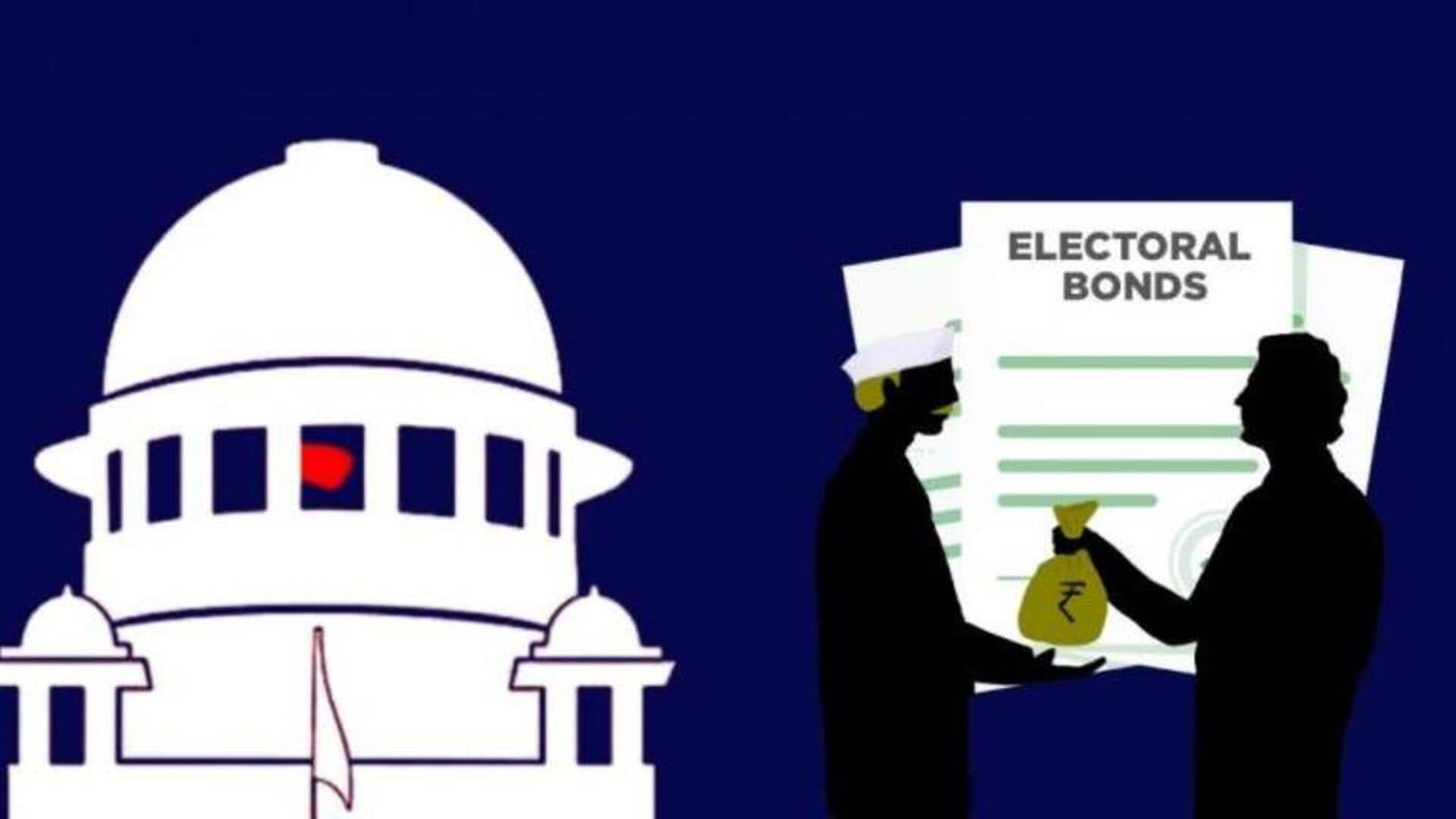
Electoral bonds declared 'unconstitutional': Who can get refunds and how
What's the story
The Supreme Court of India has declared the electoral bond scheme unconstitutional. The apex court said that citizens have a right to know about the funding of political parties and it is essential for the electoral process. It also ordered the State Bank of India (SBI) to stop the issuing of new bonds with immediate effect. The challenge now is about refunds for those who bought these bonds. So here's a breakdown on how to claim refunds from SBI.
Returns and refunds
Political parties to return uncashed bonds
The Supreme Court has ordered political parties to return uncashed bonds to the SBI. The refund process for the customers will begin after the political parties have returned the uncashed bonds to the banks. SBI is then responsible for refunding the amount to the purchaser's account. It is important to note that SBI is the only entity that was allowed to issue electoral bonds when the scheme was launched in 2018 by the Modi government.
Process to claim refunds
How to claim refunds for electoral bonds
Those who have purchased electoral bonds within the last 15 days can visit the SBI branch from where they obtained the bonds and request a refund. Typically, funds are transferred to political parties within this timeframe of 15 days. If the party doesn't encash the bond within 15 days, the money goes to the Prime Minister's relief fund. Experts advise those unable to get a refund can claim the bond's value in their income tax returns (ITRs).
Case against electoral bonds
What makes electoral bonds unconstitutional
Electoral bonds are a means for anonymous Indian citizens/corporations to donate money to political parties. They were available in multiple denominations. Despite the government's argument that electoral bonds will ensure transparency in the funding of political parties, the Supreme Court pointed out that the anonymity of the funder is a concern."Information about corporate contributors through electoral bonds must be disclosed as donations by companies are purely for quid pro quo purposes," the top court said.